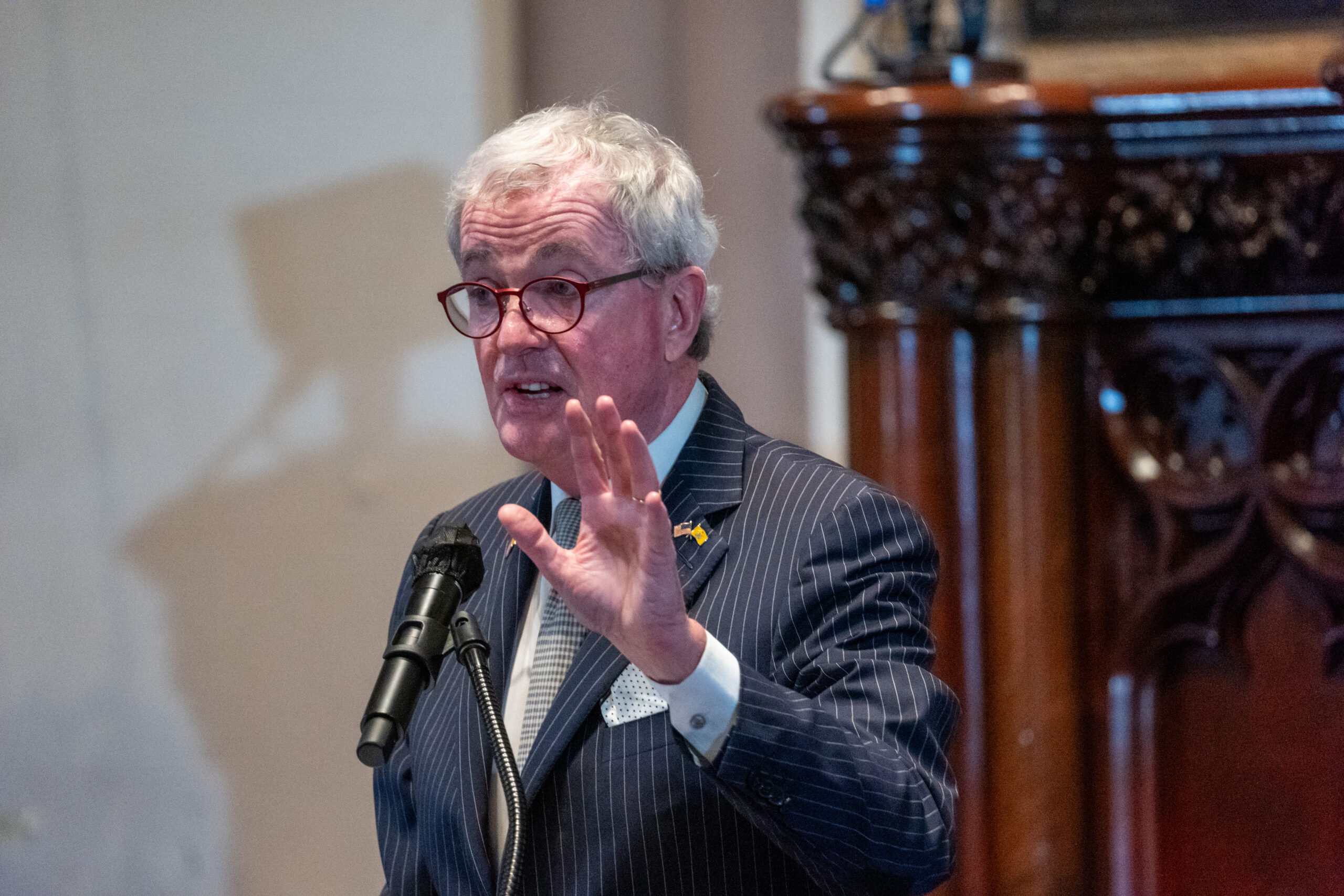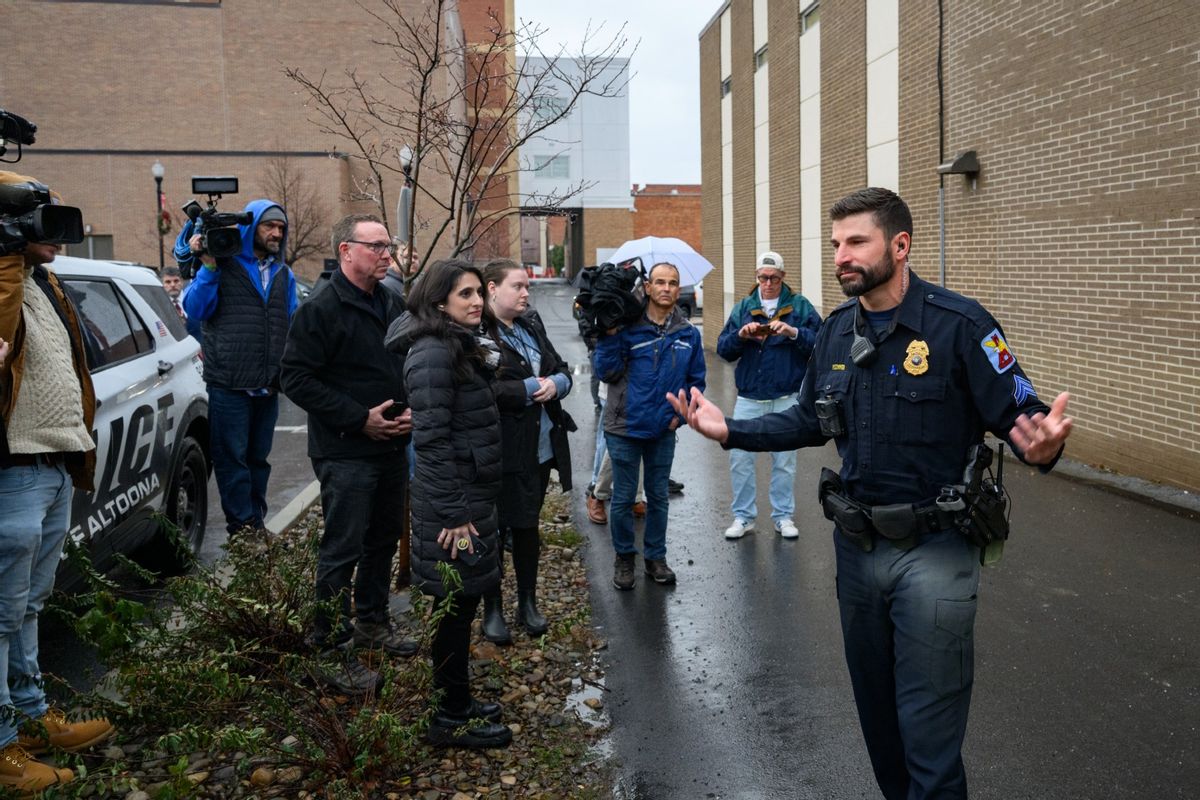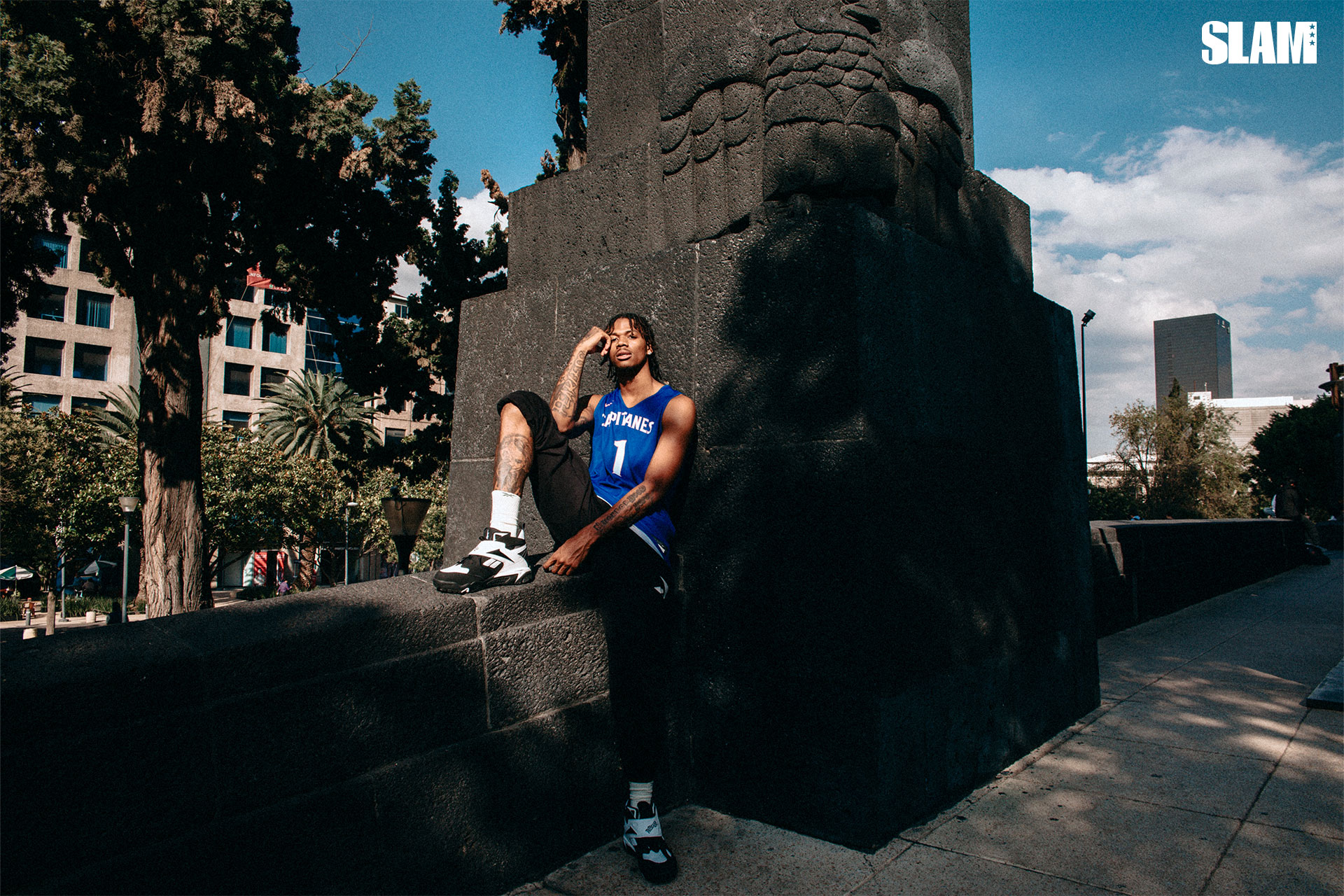As we look back at the hundreds of remarkable initiatives, artworks, discoveries, and events we’ve chronicled throughout 2024, we’re continually awed by the creative work we’re able to write about everyday. It’s a privilege to be able to share so much creativity with you, and we thought we’d compile a list of our favorites.
Below, you’ll find eight picks—two from each of us—that showcase just a few of the remarkable projects we published over the past twelve months. Many of these articles impart deeper context, delve into personal experiences through interviews, and highlight important stories that may have flown under the radar.
You might also enjoy our readers’ choice top articles of the year and Colossal’s favorite books of 2024. Happy reading!
—Christopher, Grace, Kate, and Jackie
Jackie’s Pick: In ‘Las Pelilargas,’ Irina Werning Celebrates the Impeccably Long Hair of Latin American Women and Girls
For the last 17 years, Irina Werning has traveled throughout Latin America photographing women and girls for her ongoing series, Las Pelilargas, or The Longhairs. Shot in color and black and white, the portraits document a distinct cultural practice through an incredibly alluring, even surreal lens.

Grace’s Pick: The Home Studio of the Late Artist L.V. Hull Is Added to the National Register of Historic Places
Kosciusko is a small town in the center of Mississippi with just under 7,000 residents. Known as the birthplace of Oprah Winfrey, Kosciusko was also home to the late artist L.V. Hull (1942–2008) who devoted her life to painting and assembling found objects.

Kate’s Pick: Art and Science Set Sail in Schmidt Ocean Institute’s Artist-at-Sea Program
“There are many ways to tell a story or to document and share research and discoveries,” says artist Ellie Hannon, one of 54 artists who have embarked on a unique residency organized by the Schmidt Ocean Institute. From slip-cast porcelain and painting to 3D printing and virtual reality, the storytelling possibilities are endless in the Artist-at-Sea program, which invites artists to work alongside scientists on weeks-long expeditions into some of the least-explored areas of our oceans.

Christopher’s Pick: Nadya Tolokonnikova On Pussy Riot, Life as Performance Art, and How Anonymity Is Her Strength
“People often don’t think about how important a person who has a photo and video camera is. The action could be gorgeous, but if you don’t have a good photographer to capture it, then it’s just not gonna work.” —Nadya Tolokonnikova
Nadya Tolokonnikova created Pussy Riot in 2011 partly in response to Vladimir Putin’s declaration that he would continue his reign over Russia. In 2012, when she and her collaborators undertook their now-famous performance at the Cathedral of Christ the Saviour, she was infamously sentenced to two years in prison, vaulting the art collective to international fame. Grace Ebert, Colossal’s editorial director, spoke with Nadya over Zoom one Saturday in February, more than a decade since Pussy Riot’s founding, her imprisonment, and her release.

Grace’s Pick: For the Grieving, the Global ‘Wind Phone’ Movement Is a Lifeline
Garden designer Itaru Sasaki lost his cousin to cancer just months before a 9.1-magnitude earthquake devastated his town, the small fishing village of Otsuchi. In an attempt to wrangle his grief, he decided to create a space for mourning in his backyard, one that would offer quiet and a symbolic connection to his loved one. He called it Kaze no denwa, or “Phone of the Wind.”
Containing photos and stories from the creators, Amy Dawson’s searchable map tracks more than 300 “Wind Phones” around the globe, each individually installed and maintained.

Jackie’s Pick: With Few Glimmers of Hope, the World Press Photo Contest Documents War, Migration, and Devastation
From Israel’s ongoing assault leaving the people of Gaza in horrific destitution to a record-breaking surge of migrants at the U.S.-Mexico border, the last year has seen incredible devastation around the globe. The 2024 World Press Photo contest gathers a profound and illuminating collection of images that approach myriad crises with compassion and clarity.

Kate’s Pick: Marilou Schultz Weaves Computer Processor Patterns in Traditional Navajo Tapestries
What does Intel’s Pentium computer chip have in common with Navajo textiles? More than you might think. For artist Marilou Schultz, the ancestral practice of weaving melds with an unexpected contemporary source of inspiration. Merging analog loom methods with the patterns found on computer processor cores, Schultz entwines the histories of the Navajo people and modern technology.

Christopher’s Pick: Todd Antony Chronicles the ‘Cholitas Escaladoras’ Summiting the Highest Peak in the Americas
Originally meant as a pejorative term, cholita has been embraced by Aymara and Quechua women, who have adopted the name as a signal of pride. Photographer Todd Antony caught up with a group who call themselves the “Climbing Cholitas,” and a breathtaking series of images was born in Cholitas Escaladoras.





















Discussion about this post